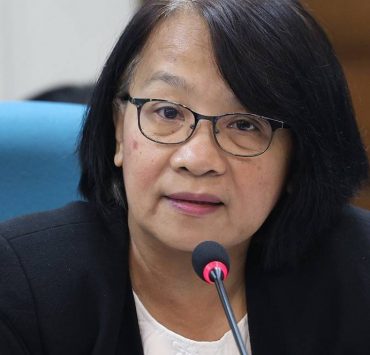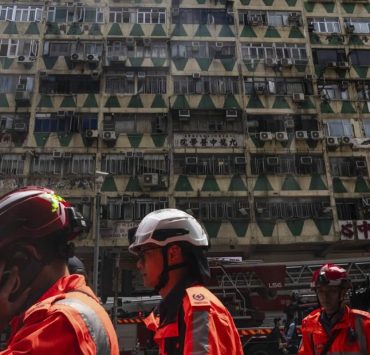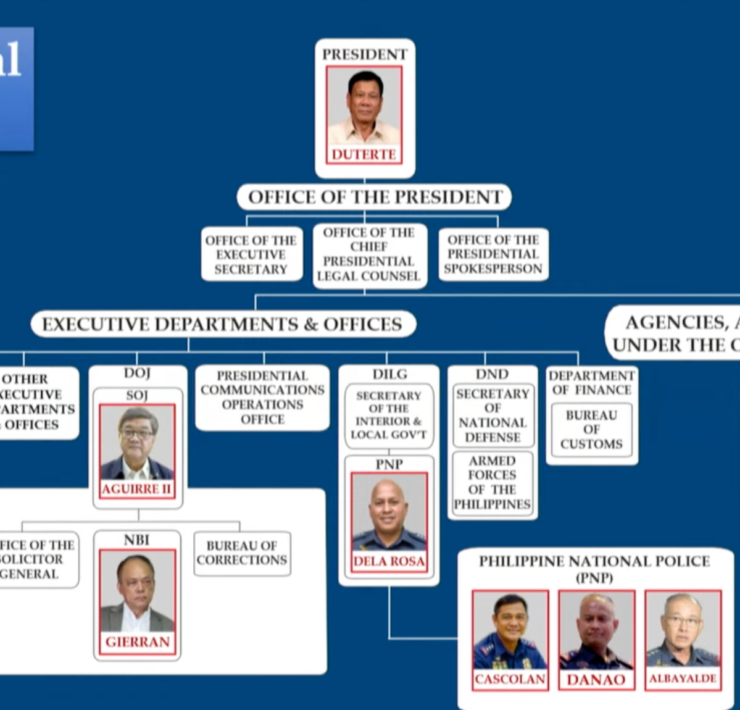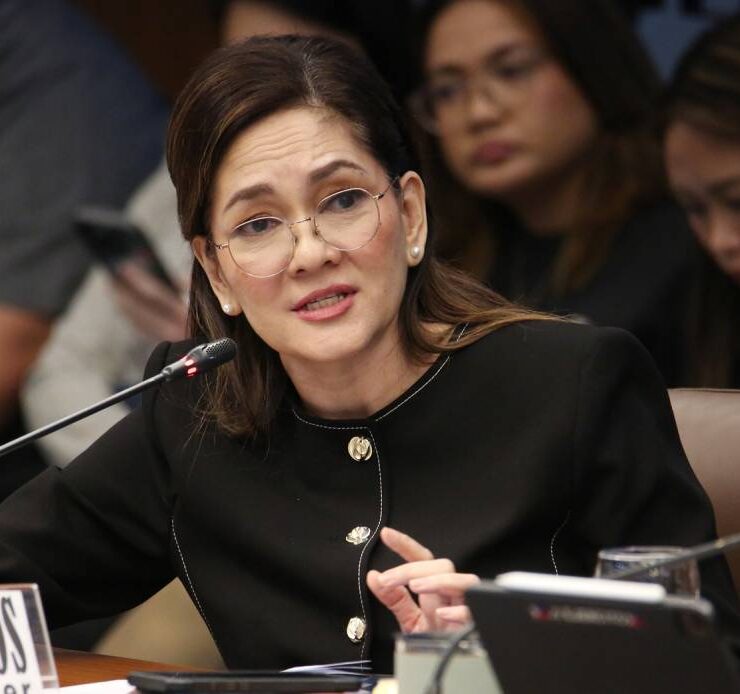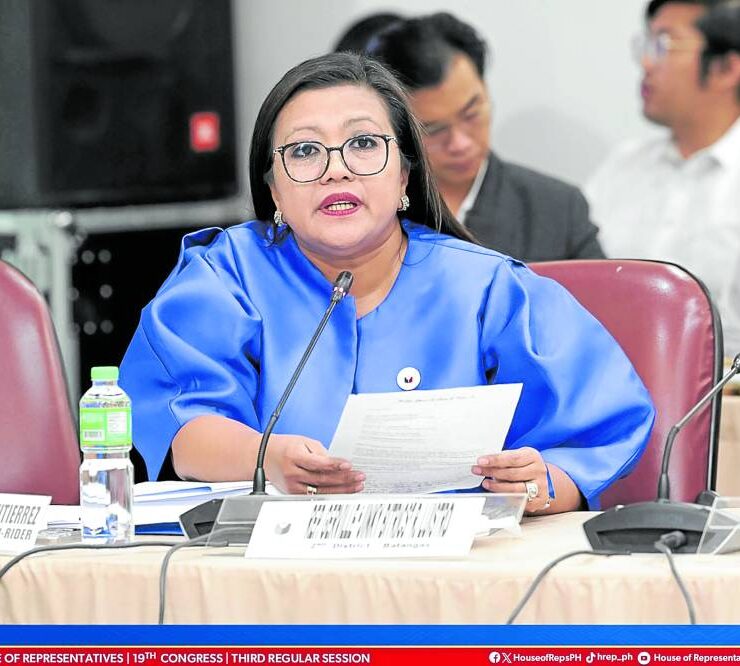2nd Quiboloy arrest order: No bail this time
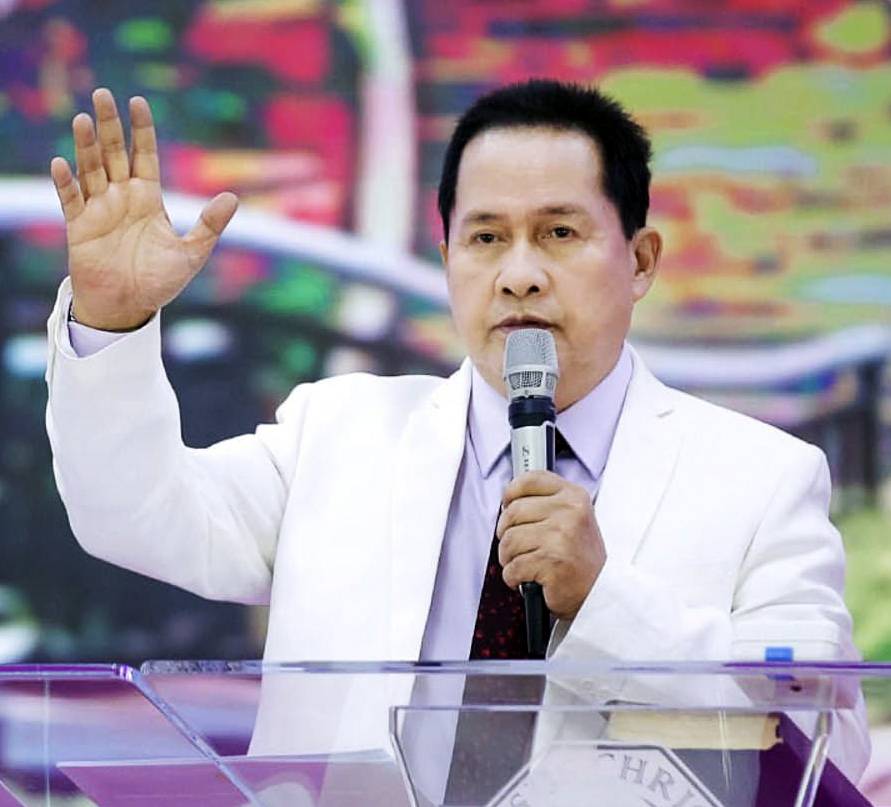
A Pasig City court on Thursday denied a request by fugitive televangelist Apollo Quiboloy to suspend court proceedings on a charge of qualified human trafficking against him and issued a warrant for his arrest for the nonbailable offense.
Acting Presiding Judge Rainelda Estacio-Montesa of the Pasig City Regional Trial Court Branch 159 said in her three-page order that Quiboloy’s motion to suspend proceedings and hold the arrest warrant was “a prohibited motion and should therefore be denied.”
Quiboloy’s lawyers sought the suspension of the criminal proceedings on grounds that they had a motion for reconsideration pending before the Department of Justice (DOJ).
The Pasig court, however, said suspending the arraignment of Quiboloy and his five coaccused was not allowed under the rules of criminal procedure.
The qualified human trafficking case was filed by the DOJ last month. It did not recommend bail.
Second warrant
Also ordered arrested by the Pasig court were Quiboloy’s coaccused Jackielyn Roy, Cresente Canada, Paulene Canada, Ingrid Canada and Sylvia Cemañes.
It was the second arrest warrant against the self-proclaimed “appointed son of God” and the others.
On April 1, the Davao City Regional Trial Court ordered the arrest of the founder of the Kingdom of Jesus Christ (KOJC) sect on charges of child abuse, sexual assault, exploitation and discrimination. His five coaccused have posted bail on those charges.
Justice Secretary Jesus Crispin Remulla said the arrest warrants symbolized the “efficiency” of the country’s criminal justice system.
“[It echoes] the strong resolve of the State and our society to hold accountable individuals who transgress the Rule of Law, regardless of their social status or wealth,” Remulla said in a statement after the Pasig court ordered the arrest of Quiboloy and his coaccused.
Quiboloy’s lawyers said they may file a motion to void the warrant of arrest issued by the Davao City Regional Trial Court Branch 12, as the DOJ violated the right to speedy resolution of the cases against their client.
Aside from the charges in Philippine courts, Quiboloy is also facing cases in the United States.
‘Most wanted’ in US
He is on the most wanted list of the US Federal Bureau of Investigation for alleged conspiracy to engage in sex trafficking by force, fraud and coercion, and sex trafficking of children; conspiracy; and bulk cash smuggling.
He was indicted in California in November 2021 when his close friend, Rodrigo Duterte, was still the Philippine president. The former president is now the administrator of the properties of KOJC.
In a 30-minute audio statement last Saturday, Quiboloy said he would not surrender unless the Philippine government made a written guarantee from President Marcos, the DOJ and law enforcers that American authorities would not meddle in the judicial proceedings of his cases here.
On Monday, Marcos rejected Quiboloy’s demand, saying that “fugitives” do not have the right to set conditions. However, the President assured the KOJC leader of fair treatment in the criminal cases filed against him.
Remulla also said that Quiboloy “cannot impose any conditions” and that he “must surrender not according to his terms but according to the terms of the law.”
‘Not unreasonable’
Quiboloy’s lawyer, Israelito Torreon, said his client’s request was “not unreasonable” as Quiboloy merely wanted an assurance that he would not be subjected to “extraordinary rendition” to the United States, which is different from extradition.
The lawyer explained that extraordinary rendition was an illegal practice carried out by US authorities, where they “kidnap certain personalities and bring them to countries and territories called black sites in order to conduct torture or interrogation techniques.”
Extradition, on the other hand, is “the surrender by one nation to another of an individual accused or convicted of an offense” in that country. This is done normally between countries with an extradition treaty.
Quiboloy said he was in hiding not because he was guilty but because he was “preserving” himself against US authorities who might kidnap or assassinate him.
Abuse, forced labor
Regarding the charges against him and the others in Davao, Remulla announced on March 6 that the DOJ granted the petition for review filed by the complainant, who had accused Quiboloy of a series of abuses dating back to 2011, including rape when she was only 17 years old in 2014.
The Davao City Prosecutor’s Office had dismissed the complaints for rape, qualified human trafficking, and child abuse against Quiboloy and his coaccused in 2020, but the DOJ overturned this decision.
In overturning the Davao prosecutor’s decision, the DOJ found the element of “forced labor of a minor,” prompting the filing of the trafficking case, which happened in Pasig City.
The woman had also complained of emotional and physical mistreatment and forced labor without compensation “all under the guise of religious service” for the Davao-based KOJC.
“Despite the dismissal of her initial complaints and a subsequent denial of her motion for reconsideration, the complainant’s persistent legal battle has brought new light to the gravity of her accusations,” the DOJ said.














